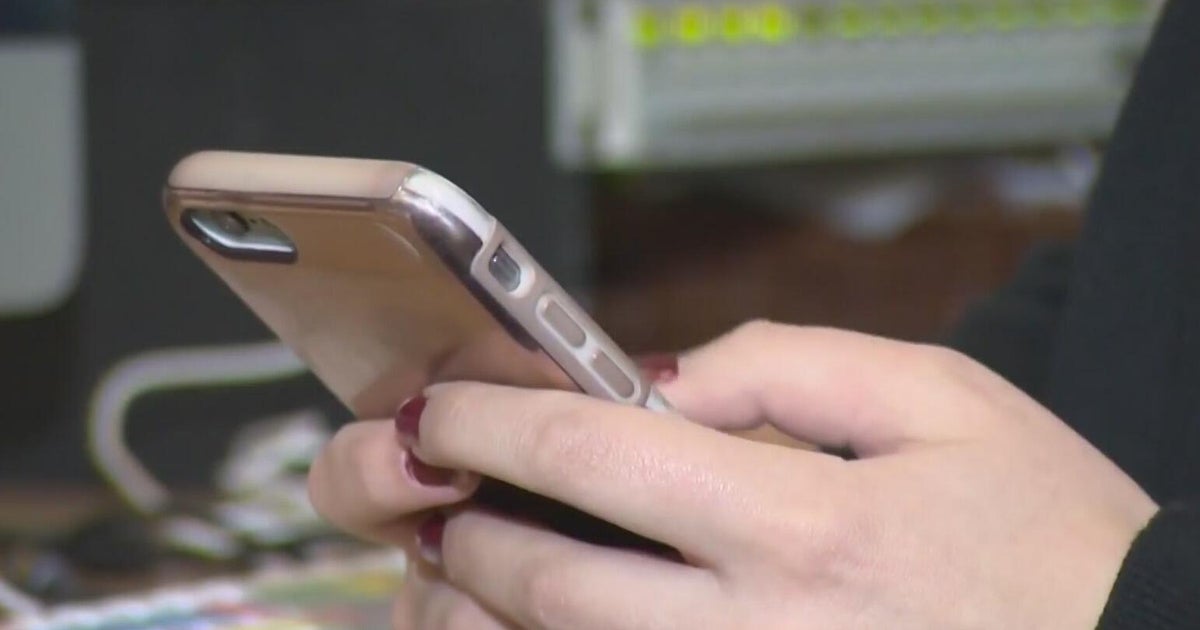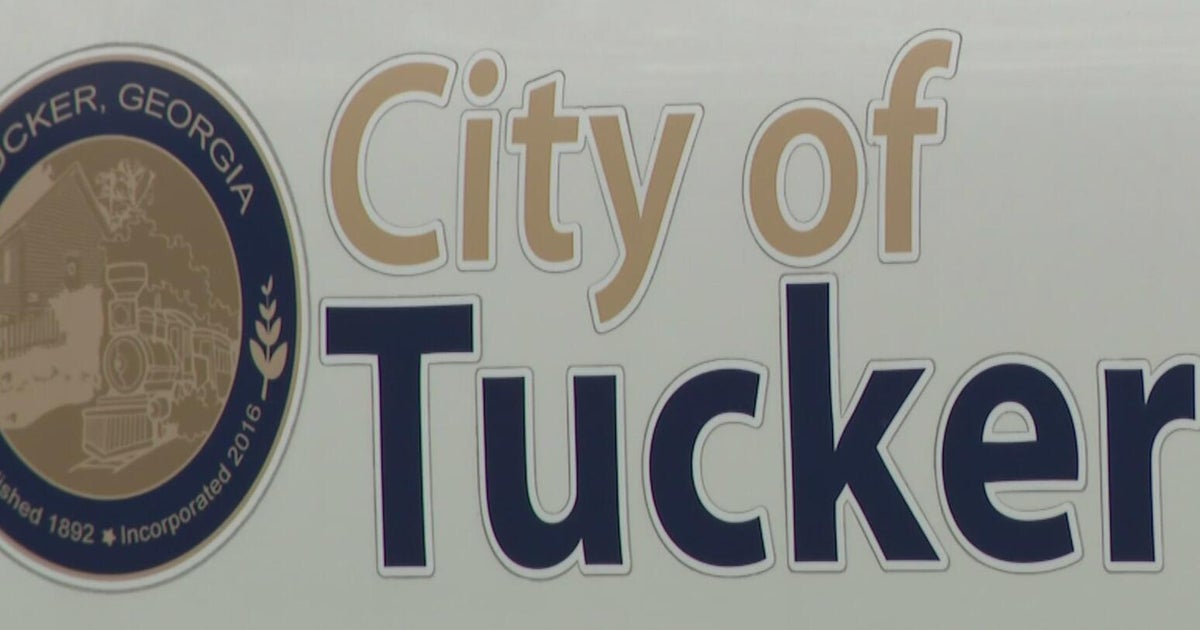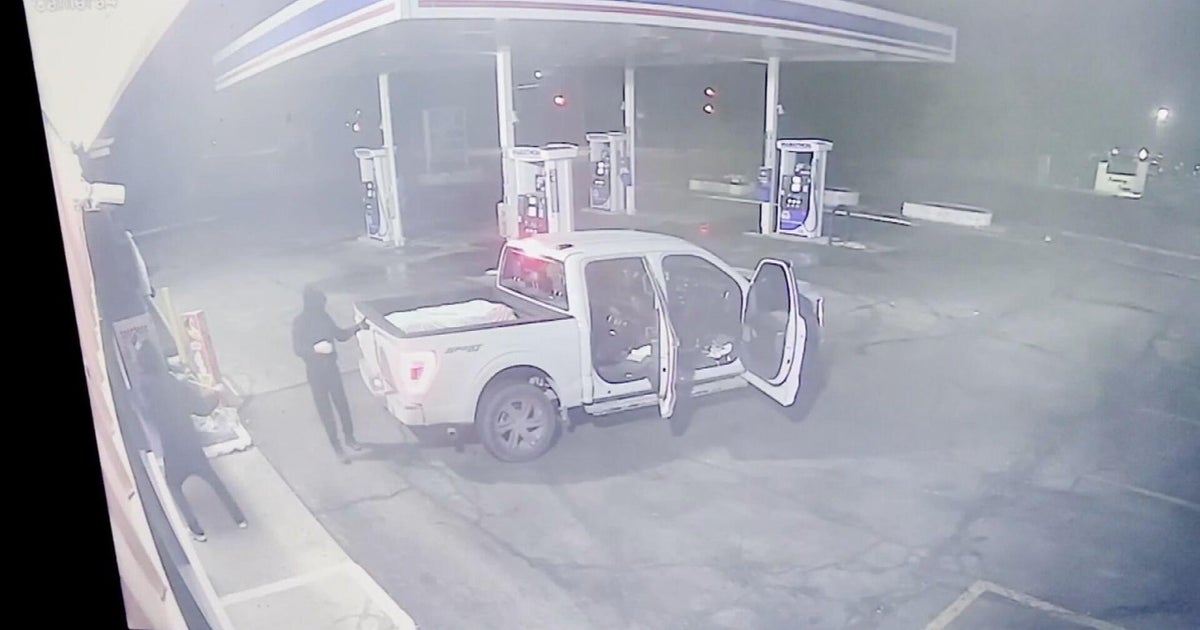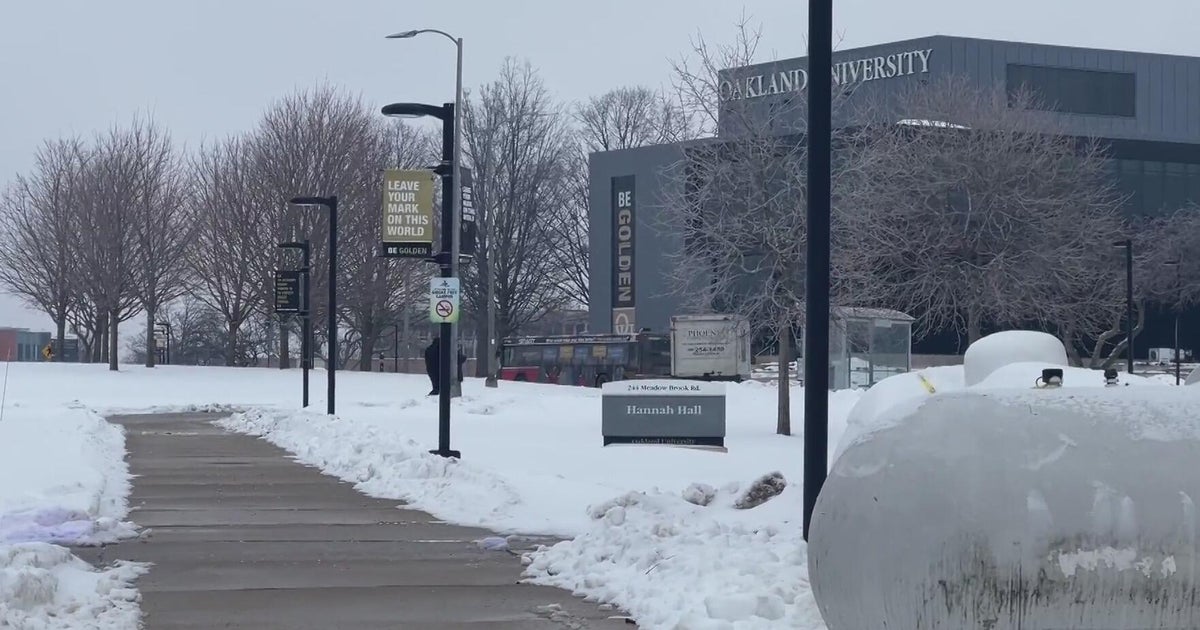Fix Used Abroad Could Thwart Bay Area Smartphone Thieves
SAN FRANCISCO (CBS 5) -- It's a growing crime wave: people getting robbed and beaten for their smartphones. A potential fix is being used abroad, but are America's wireless companies willing to try it?
A recent CBS 5 investigation found thieves openly selling phones on the street. Could it also be happening in stores?
CBS 5 went undercover taking five iPhones to five wireless stores to see what would happen if we tried to sell them. Everywhere we went clerks were all too eager to buy them, no questions asked.
Police say they're doing what they can, but what about the industry? Carriers like to tout their smartphone recovery apps, but thieves can thwart them by turning the phone off.
What could work is blocking a stolen phone, something other countries are doing.
Chris Althaus with the Australian Mobile Telecommunications Association explained how his country's "lost and stolen" program works. "It's a blocking system using a 15 digit IMEI number that is attached to every mobile device," he said. "Someone who steals a phone, that phone is blocked across all 3 networks in this country and is essentially rendered useless."
Althaus said the program has reduced smart phone thefts by 25 percent in Australia. So why not use a similar system in the U.S.?
CBS 5 asked John Null with the U.S. wireless industry's CTIA. "We don't believe it's feasible," he said.
"Shared databases are notoriously very hard to maintain. Plus, there's a huge consumer nuisance factor as well." Null said. He added the system is not foolproof. "The ID numbers can be changed. Criminals are quite resourceful in that respect."
But Althaus said in Australia he doesn't see that happening.
Cody Hunt at CeX in Berkeley agrees. "As far as actually changing the IMEI number I have yet to see that," he said.
His store is part of a worldwide chain that buys and sells used electronics, and abides by strict pawn shop regulations. Anyone who comes in wanting to sell a phone gets thoroughly checked.
Customers even get fingerprinted. Serial numbers get checked and run through a police database.
It makes Hunt wonder why the cellphone industry couldn't provide a database as well. "It's either laziness or other means of profit I guess," he said. "They sell more phones because you lose more phones."
When CBS 5 asked the CTIA's John Null about it, he said, "Well that's an interesting way to look at it, not one that I have considered, frankly." He said if a practical solution comes up, the industry would be happy to adopt it, because the goal is to keep customers happy.
But for now it's the status quo, making smartphone thieves the happy ones.
(Copyright 2012 by CBS San Francisco. All Rights Reserved. This material may not be published, broadcast, rewritten, or redistributed.)







